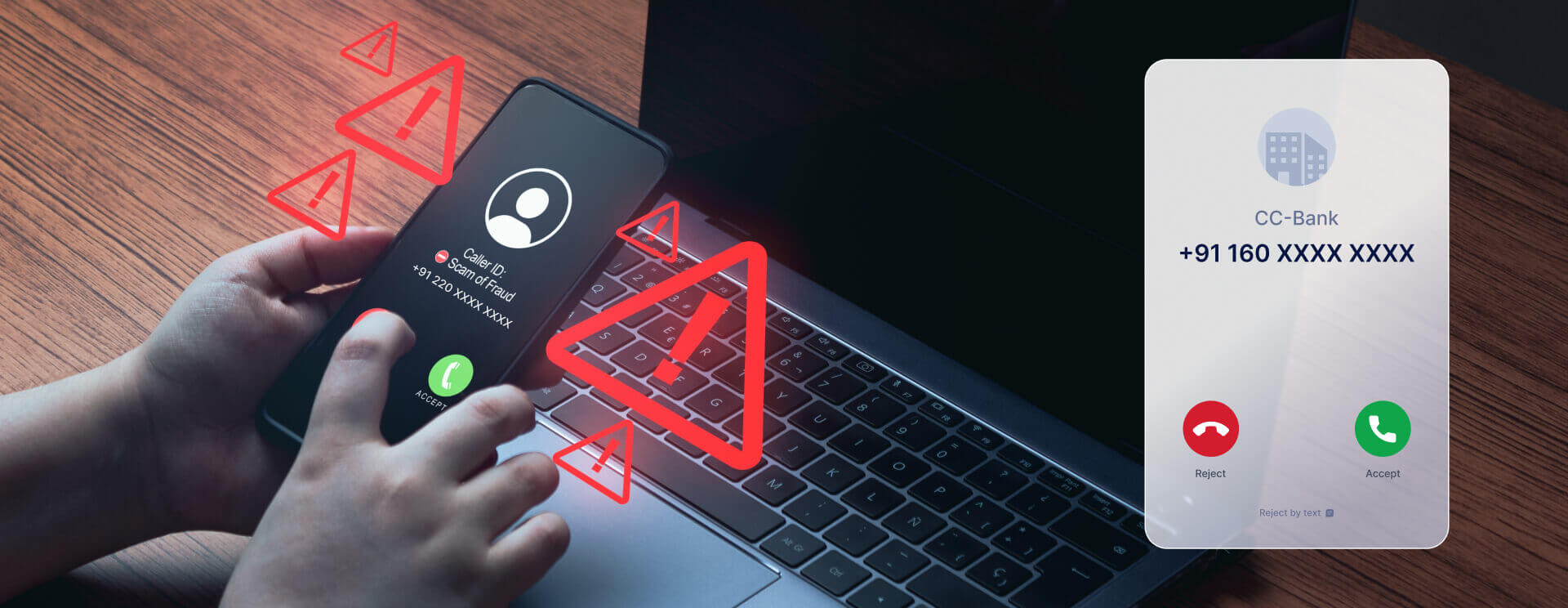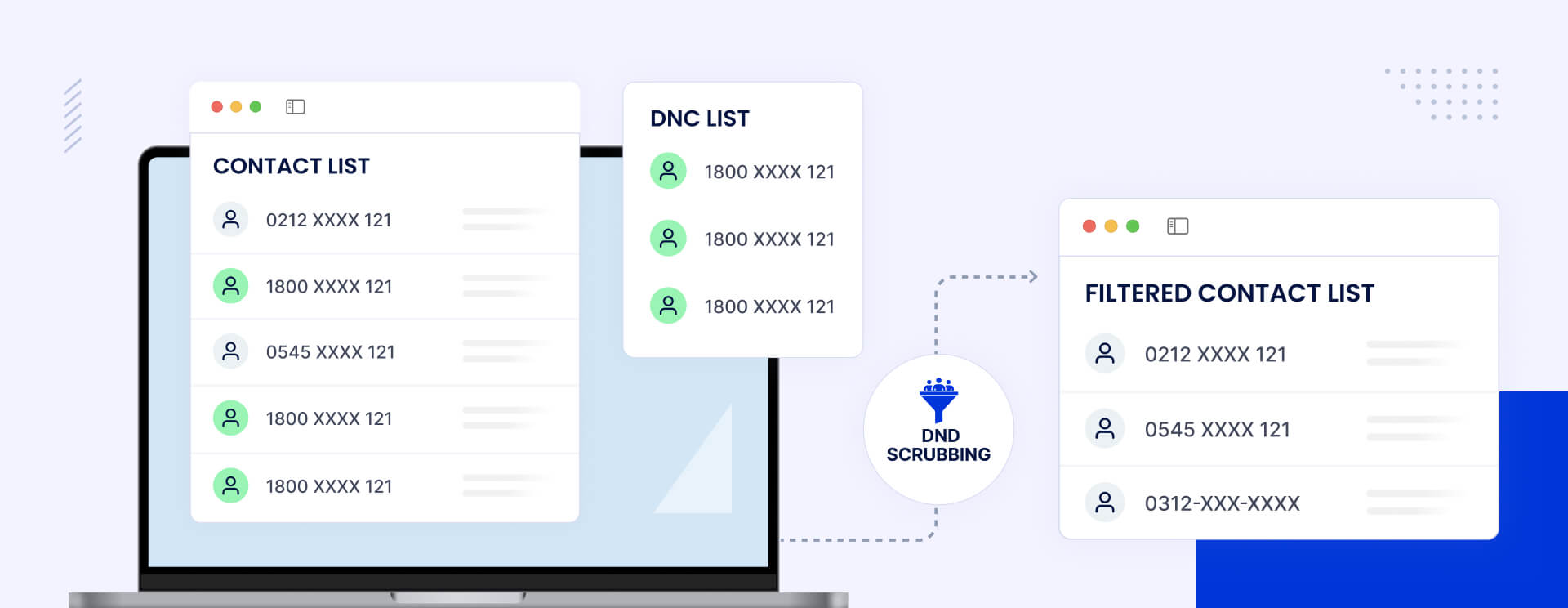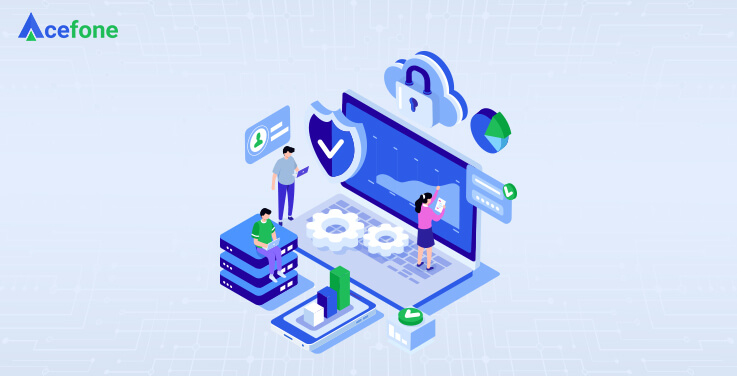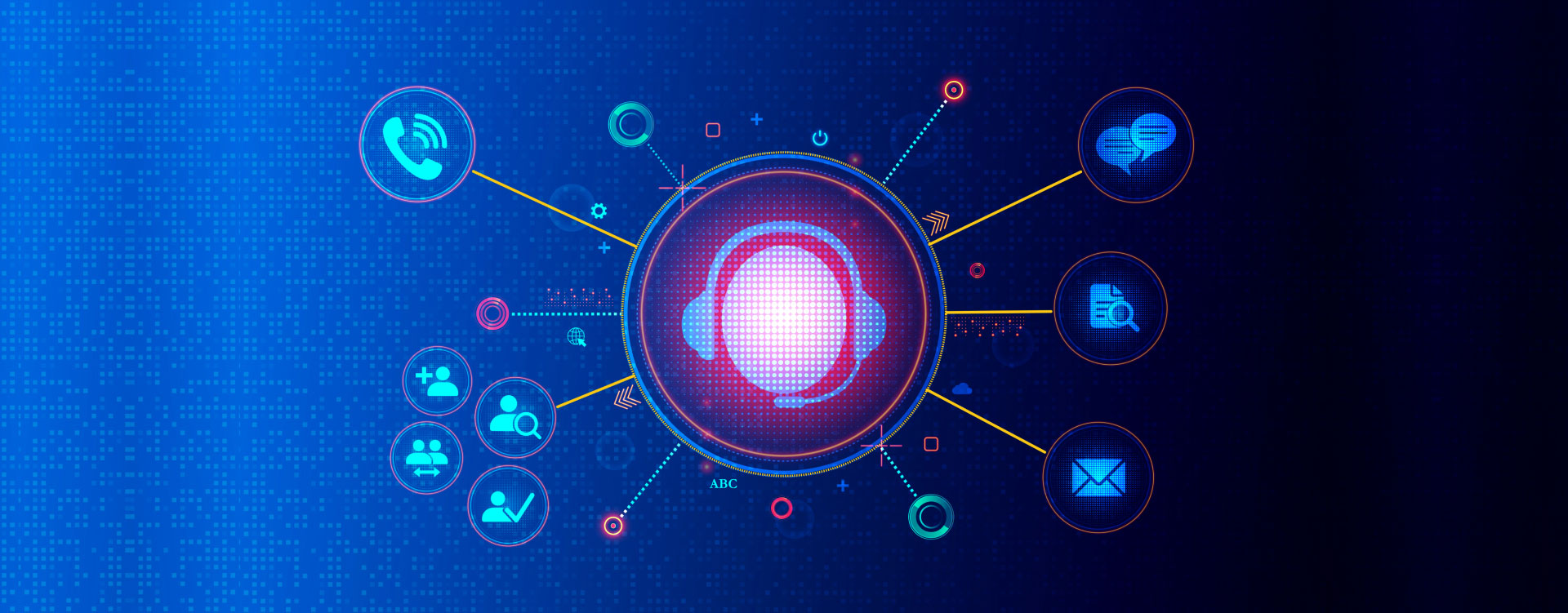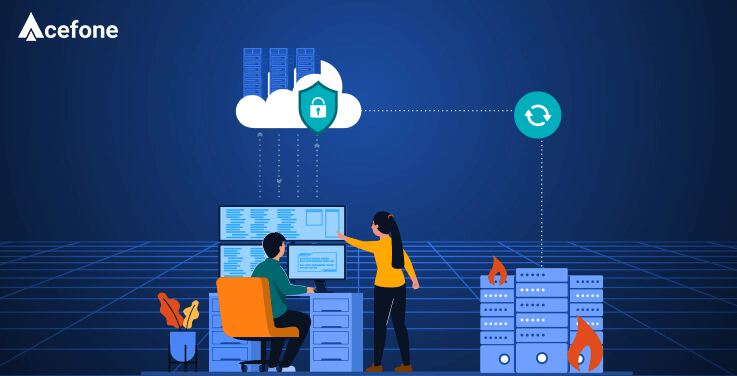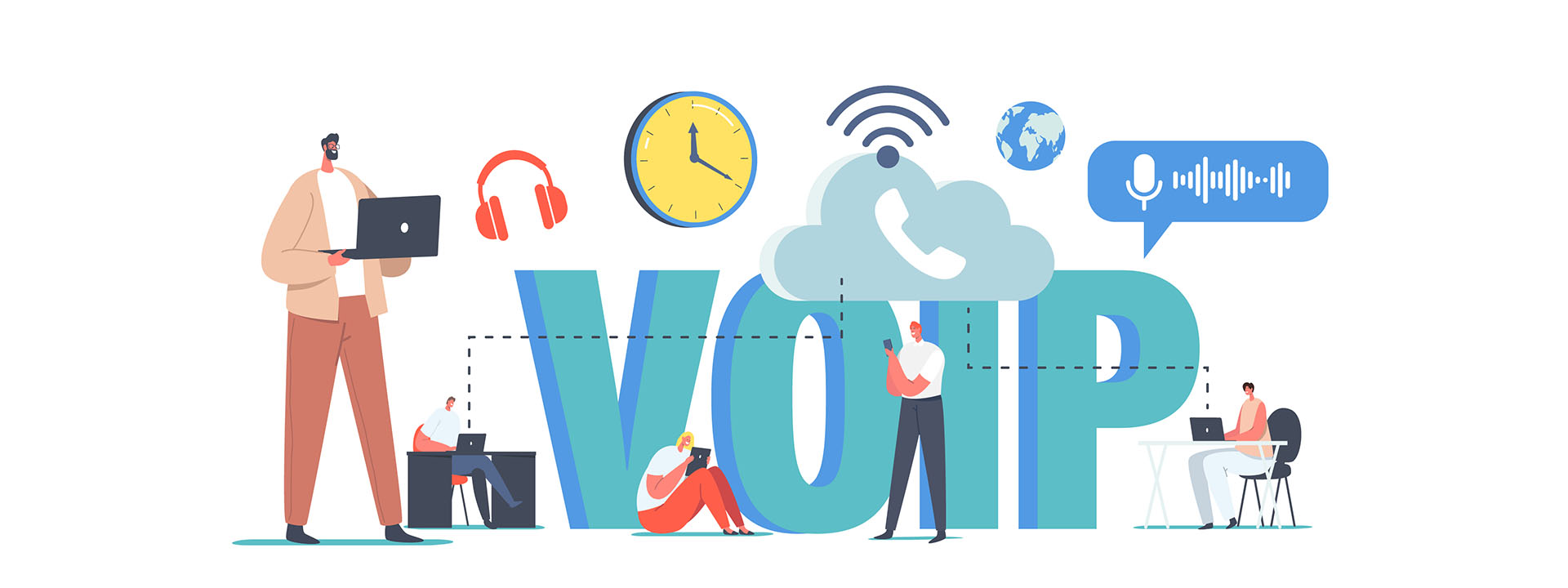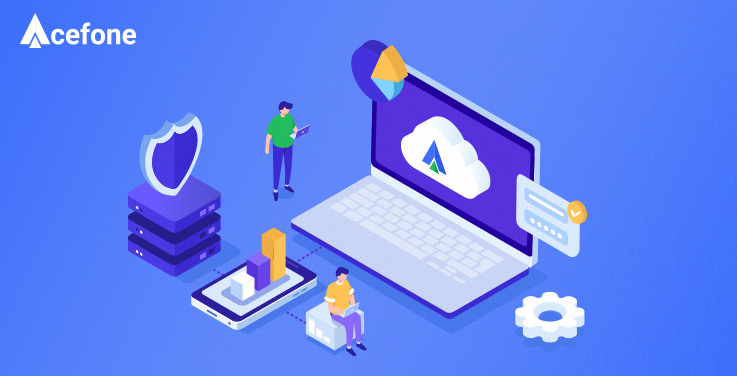As the e-commerce industry flourishes, e-retail revenues are expected to rise to a figure as steep as 5.4 trillion US dollars in the year 2022.
Although presently Indian businesses use centralized virtual numbers for managing huge volumes of incoming calls, now there are providers that also help businesses procure Indian virtual numbers.
Even today, a phone call continues to be one of the most preferred ways of interaction that customers choose in order to connect with a company.
Virtual numbers provide refined customer service without any geographic bounds. They increase business efficiency and positively impact the overall productivity of every workspace.
In a world where e-commerce looks like the only way forward, there are multiple ways in which a virtual phone number can help an organization with its operations.
Below are some of the explanations of how a virtual phone number system can help businesses today.
1. Trust generation in the customer base
As soon as a potential buyer sees a phone number listed on a company website’s contact section, their faith in the brand deepens. If the process of getting information about a product or a service seems taxing or frustrating, the buyer may change their mind and move on to a different brand.
If reaching out to a company is a cumbersome process, nobody would be expected to have many purchase-related interactions. When a person decides to invest in a new product, the company producing that product should be present for the buyer at every step of their journey.
Today’s customers demand interaction before they invest time and money in a brand. If a company’s communication system is discrepant, it is unfair to expect customers to stay loyal to it.
2. Enhanced user experience
Virtual phone numbers provide a human-support system that buyers seek during their physical shopping experiences right on their phone screens. A virtual number enables a human-driven approach even towards buyers that are shopping online.
According to BigCommerce, 67% of the millennial population and 56% of Gen Xers prefer online shopping as opposed to in-person shopping today.
For securing customer relationships and building better customer loyalty, switching to a virtual phone number is the need of the hour.
3. Automated greetings & attendants
Modern-day consumers are more likely to purchase from a seller that remembers them by their personal details and makes recommendations based on their purchase history with the brand.
It is evident that personalization continues to be a game-changer in today’s market for both, the service provider as well as the service recipient.
To offer services that are not time-bound, the e-commerce industry can benefit hugely from a personalized virtual phone number. The induction of an Interactive Voice Response system (IVR) with the use of the cloud technology can help to imitate human support during off-hours of work.
Virtual number systems can also be trained to greet each caller with a customized greeting. Small additions such as playing music during call waiting times, carefully placed promotional messages etc., contribute greatly to the betterment of the customer experience a company provides.
4. Remote access & access to mobility
As a direct consequence of the coronavirus, alternative work options have triggered trends such as working from home or remote locations. In such scenarios, attending customer calls while physically being present in the office premises is not an option anymore.
Virtual phone numbers allow customers to connect with the company from anywhere by using cloud technology. In order to attain the facilitation of remote sales and have well-functioning support teams, e-commerce requires virtual numbers.
Setting up call support apparatus can prove to be a big hassle, leading to a cluttered workspace. It requires physical infrastructure like servers, hard drives, computer systems, cables, call routers etc. that may take up a lot of time and money to assemble.
A virtual phone number system, on the other hand, is completely based on the cloud. There is no need for any physical setup but only a device of your preference. It can have all employee contact details mapped onto its portal within a few minutes.
Once phone numbers are mapped, the virtual number distributes all incoming calls according to which employees can deal with what set of problems, thereby, performing efficient call routing.
5. No time constraints
Missing important phone calls from customers may be a deal-breaker for an organization’s progress in the longer run. Agents cannot be expected to work 24×7 and infrastructural issues can lead to downtown as well.
A virtual phone number provides for call logging and call recording. It also gives you the feature to receive all your voicemails as emails. This helps a company trace back all the important calls that it may have missed. Recorded calls can also be used to dig out and analyze useful customer data.
6. Improved CRM integration & call management solutions
The simplest definition of Customer Relationship Management (CRM) is that it is a process through which a business administers its interactions with the customers base by using data collected over time for analysis.
Today, with how quickly and consistently technology is evolving, the data stored and recorded on a CRM can be integrated with any virtual phone system. So, when a customer reaches out for enquiry and better service, their information can be displayed on the CRM portal right on the agents’ screen.
This not only garnishes the interaction with a layer of personalization but also cuts down on the time that a support agent may spend skimming through multiple screens trying to find appropriate information.
7. Toll free calling
When your customers are located in a different country, they might hesitate to call your business because of how expensive international calling is. In fact, many might also prefer to connect with a local business rather than an international one.
Virtual phone numbers allow you to get a local number in multiple countries and help you create a local presence. You can even get a toll-free number in other countries to encourage customers to call you more often.
8. Call routing & call forwarding
Virtual phone numbers can also facilitate call routing and call forwarding.
Call Routing on virtual numbers, directs calls from customers specifically to agents or departments who can best address their queries. This helps with the first call resolution rates as calls are redirected only to agents who are capable of solving a particular kind of problem.
They can even play a pre-defined message in times of holidays and special occasions when agents are not available.
It also helps in employees not having to engage in repetitive calls that can be a threat to their daily productivity.
As far as missing out on calls that could have proven to be important and beneficial is concerned, virtual phone numbers are capable of call forwarding. This means that calls made to the company’s virtual number will automatically be forwarded to agents on their personal numbers for immediate assistance without any delays.
This helps in strengthening the company’s relationship with its customers due to round-the-clock assistance, thereby also paving the way for seamless customer engagement.
9. Order management with virtual numbers
Virtual phone numbers can maintain an inventory of all customer orders when integrated with CRM software which can be accessed by employees to provide real-time updates to customers about the status of the purchases that they are making.
10. Simple setup
In cases of traditional systems as compared to cloud telephony, a technician is needed to help layout wires and make other physical arrangements to set up and run an on-premises phone system.
Unlike traditional setups with difficult configurations and a lot of physical hardware, a virtual phone number doesn’t require any hardware and can work on your preferred device. All you need is a reliable internet connection, and you are good to go.
11. Increased room for teamwork
Without remote teams in place, organizations might struggle to keep up with customer expectations during tough times, say, like a global pandemic. If remote teams fail to maintain consistency and a unified approach simply due to communication breakdowns within the organization, customers cannot be expected to stick to a brand.
Business call answering service and other virtual workspace solutions help in remote training and endorse a collective approach to seamless business communication
Narrowing down multiple different communication channels and applications to just one platform helps with promptness in customer solutions.
With virtual numbers, conferencing with other members of the teams also becomes a very simple process. Conference lines are not limited only to employees but can also be enabled for clients in order to assure they receive the kind of hands-on engagement that they seek.
Conclusion
It is essential to understand that to have customers choose a company for making purchases, a very high level of trust is necessary. A customer will never pick a brand they cannot completely rely upon. With the incorporation of virtual phone numbers, customers can reach out to the brand of their choice 24×7.
Not just this, they can also be reached out to in innovative ways and offered personalized services in turn for placing their faith in a particular company. To sum up, it is important to remember that virtual phone systems are not only beneficial for the customers, but also extremely cost-effective for the business and healthy for its support agents.
Given how dynamically today’s market situations are transforming, virtual number systems certainly are meant to be a big part of tomorrow’s markets!







